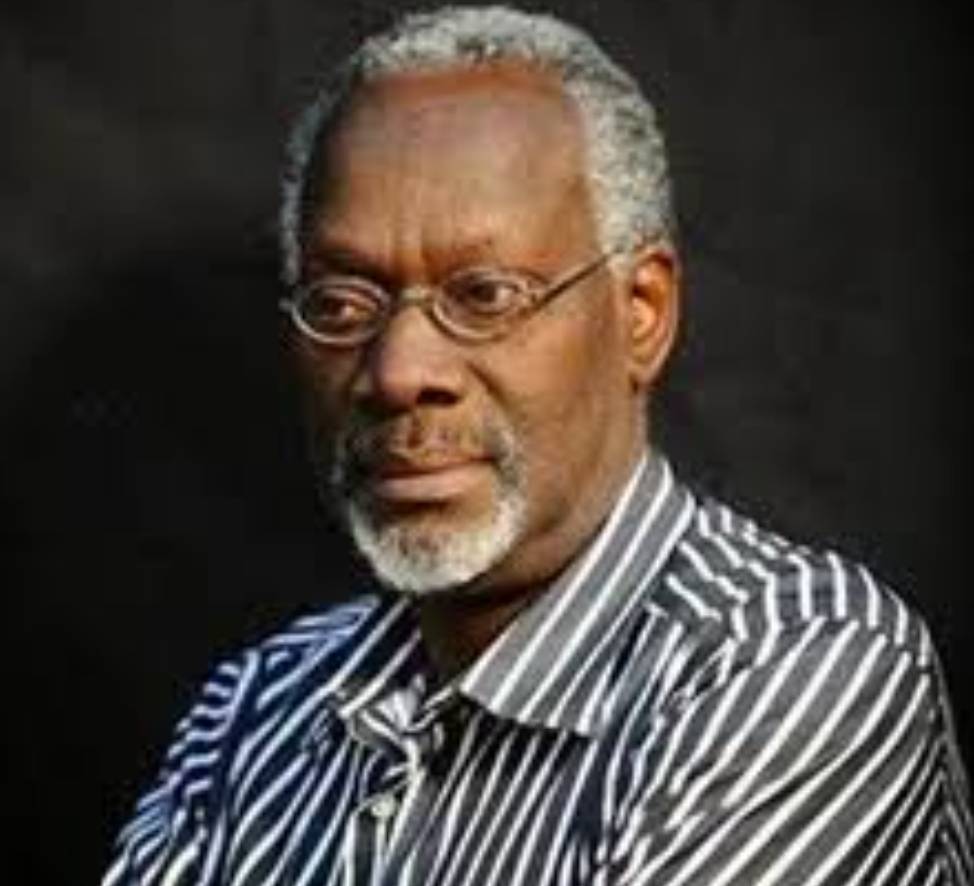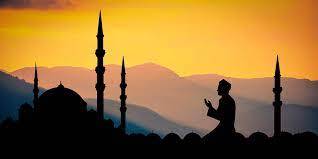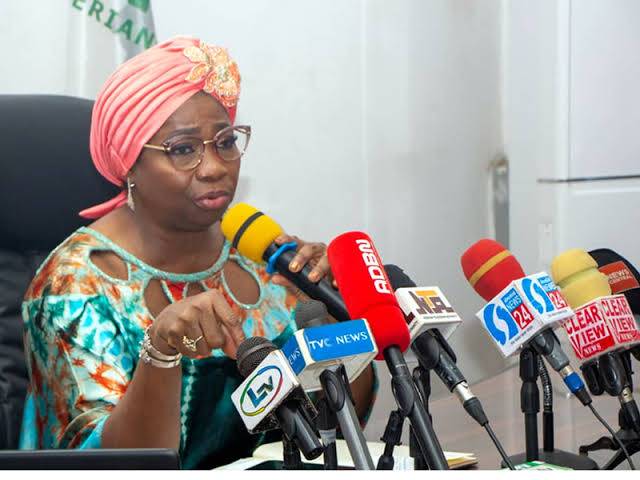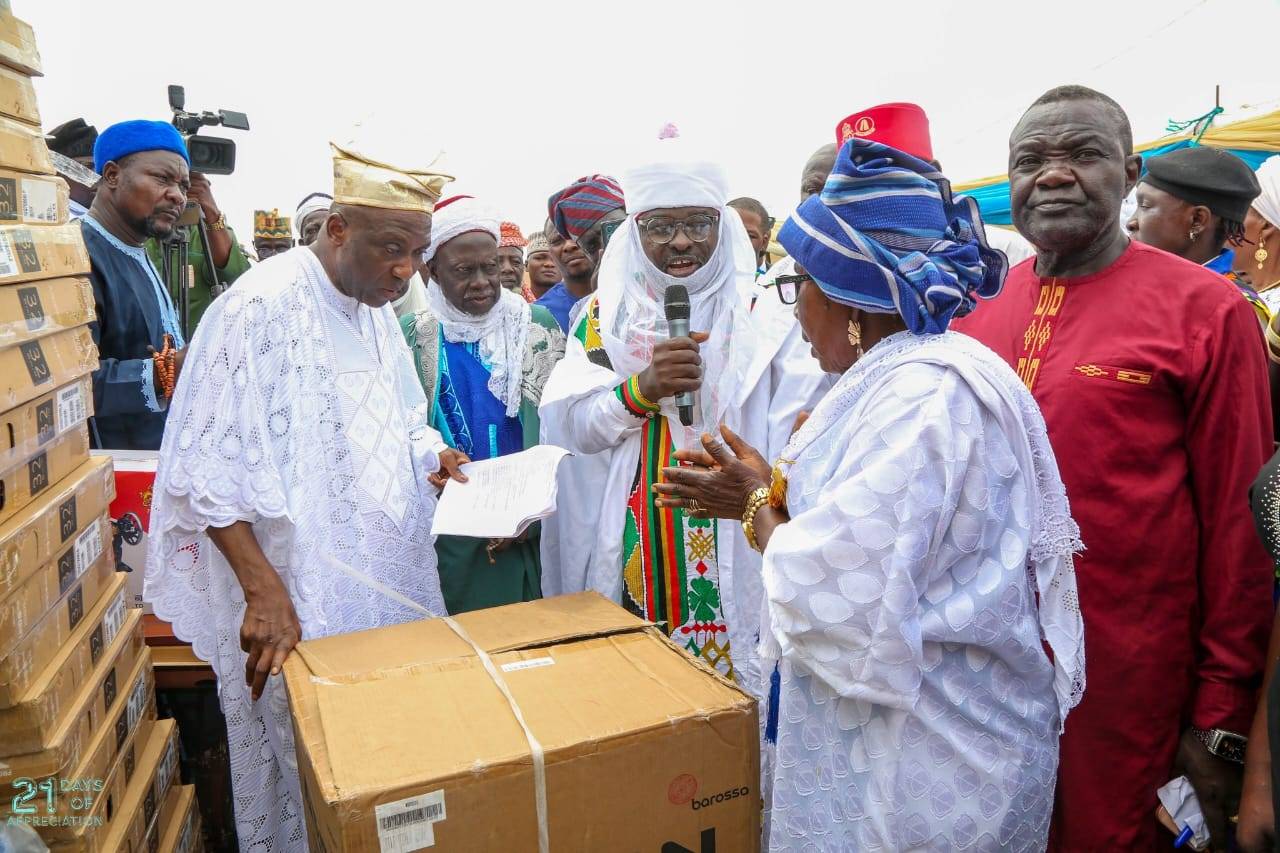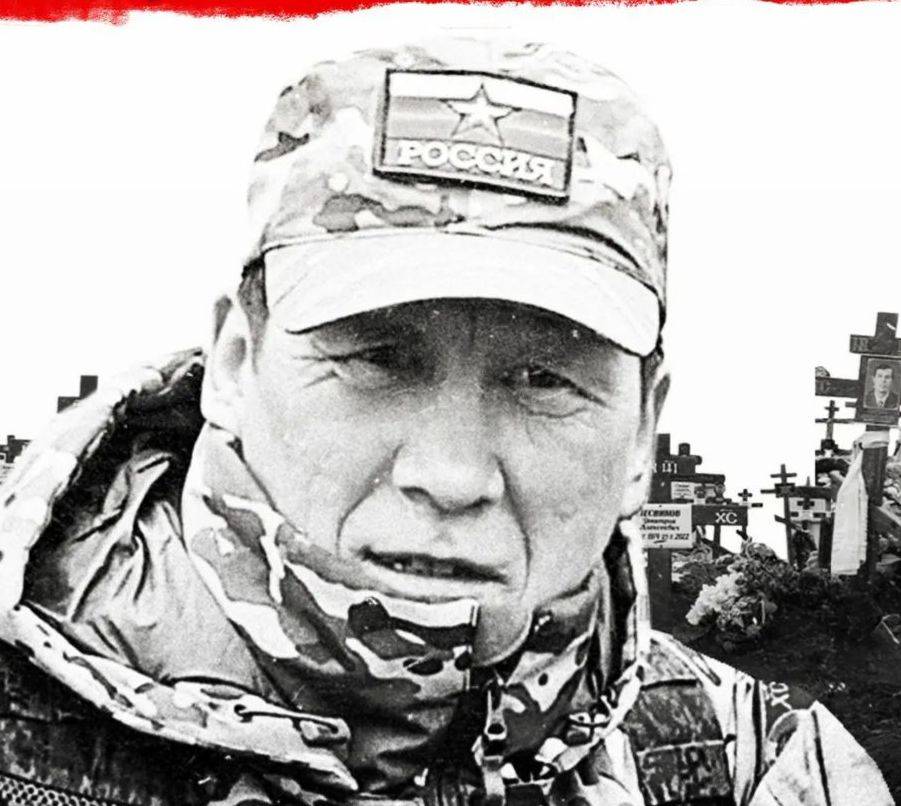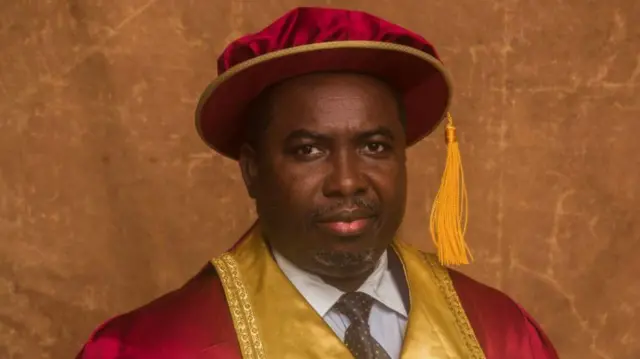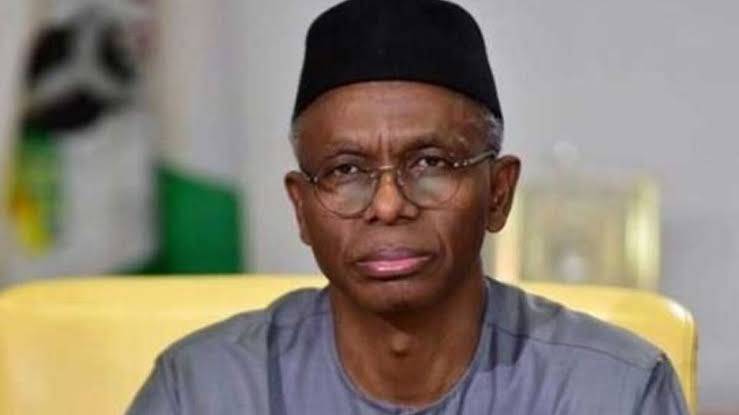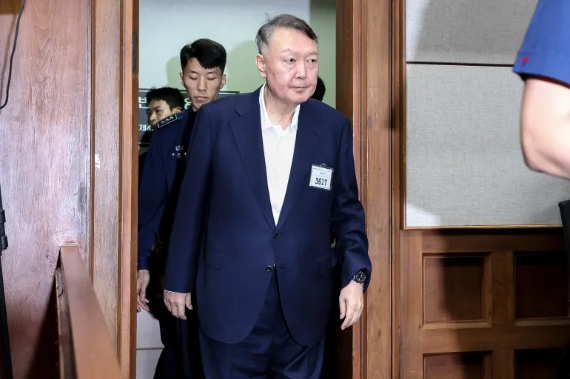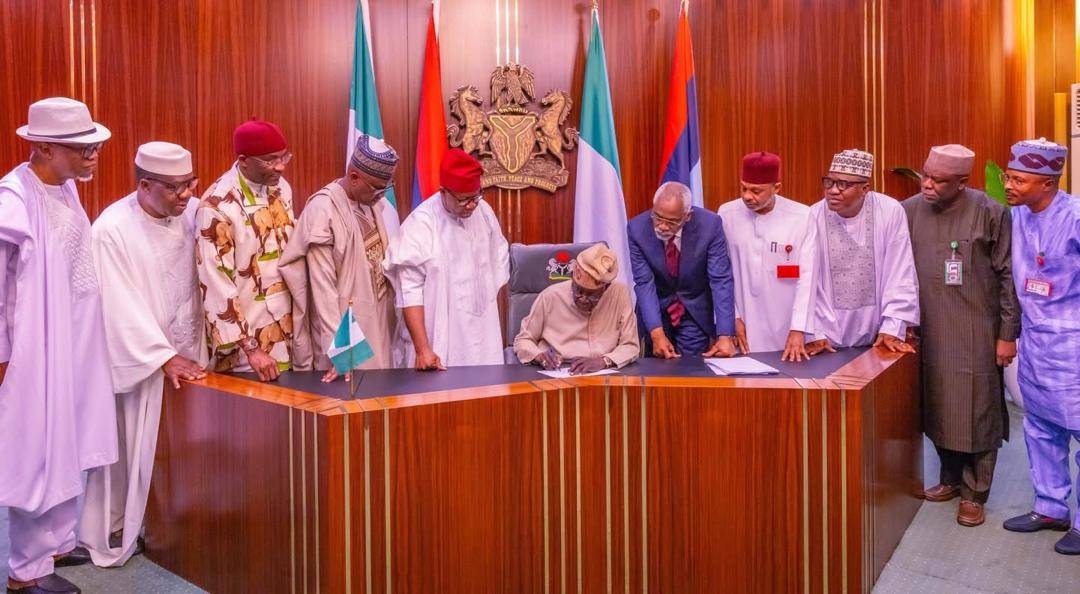•We welcome the writer, teacher and public intellectual to the octogenarian club
His faction, Just Before Dawn, caused a stir when it was released in 1988. In an article on his work, published in the UK-based magazine, Index on Censorship, Prof. Kole Omotoso said: “The argument of the book is that the problems Nigeria as a country has experienced since independence are contained in its experiences as a colonial nation put together for the convenience of the British. It follows that the solution of these problems depends on the extent to which Nigerians themselves are prepared to reverse or undo what the British imposed.”
In its description of the work, the magazine said: “The majority of the characters are the actual people, British and Nigerian, who participated in the drama or tragedy – which led straight to civil war and military rule within a few years of independence in 1960.”
It added: “Because of some of the book’s explosive revelations about the post-Independence era, and particularly about the role of senior army officers in the political life of the country, the publishers were obliged to excise large parts of the manuscript.”
Omotoso said “just before the launch of the book itself, the most publicised censorship occurred.” According to him, “General Olusegun Obasanjo, the former Head of State, got worried about his own appearance in the book… I had described a meeting of senior military officers, both serving and retired, which took place against the background of the army games in Port Harcourt in late November 1983. It was at this meeting that the decision was taken that the army should intervene once more in Nigerian politics. General Obasanjo objected to his name being mentioned in my book as one of those who were present at that meeting. He said the statement was false.” Obasanjo threatened to seek an injunction against the launching of the book.
“Spectrum was anxious that the launch should go ahead as planned. I had to agree to the cuts after much agonising and soul searching,” Omotoso explained, stating that he had evidence to back up what he had written about Obasanjo.
Notably, the book was recognised as an important contribution to African writing, on account of its innovative style, and given Special Commendation at the Noma Award for Publishing in Africa in 1989, for providing a more profound understanding than is available in conventional history books and novels.
This was a major event in Omotoso’s writing life, forcing him to leave Nigeria for safety reasons. His 80th birthday on April 21 highlighted his work as a writer, teacher and public intellectual. Born in Akure, in present-day Ondo State, he studied at Oyemekun Grammar School, Akure, King’s College, Lagos, the University of Ibadan (UI), Oyo State, and the University of Edinburgh, Scotland. Interestingly, he graduated from UI with a degree in Arabic Studies, although he was born into a Christian family.
After getting his doctorate, he lectured at UI (1972 -76); and the then University of Ife (1976- 88), where he taught drama. He was visiting professor at the University of Stirling, Scotland, and the National University of Lesotho; professor of English at the University of Western Cape in South Africa (1991 – 2000), and professor in the Drama Department at Stellenbosch University, South Africa (2001 – 2003). He also had a stint at the Talawa Theatre Company, London.
In the mid-1990s, he grabbed the headlines in South Africa as the “Yebo Gogo man” in adverts for the telecommunications company Vodacom, and was at some point considered a “national treasure” in that country. The adverts were also good for Nigeria’s image.
President of the Association of Nigerian Authors (ANA) in the 1980s, and patron of the Etisalat Prize for Literature, from 2013 to 2016, Omotoso has contributed significantly to the promotion of literary arts. His social consciousness is noteworthy, and his works include prose fiction, drama and non-fiction. We wish him many happy returns as he enters his octogenarian years.
The Nation


